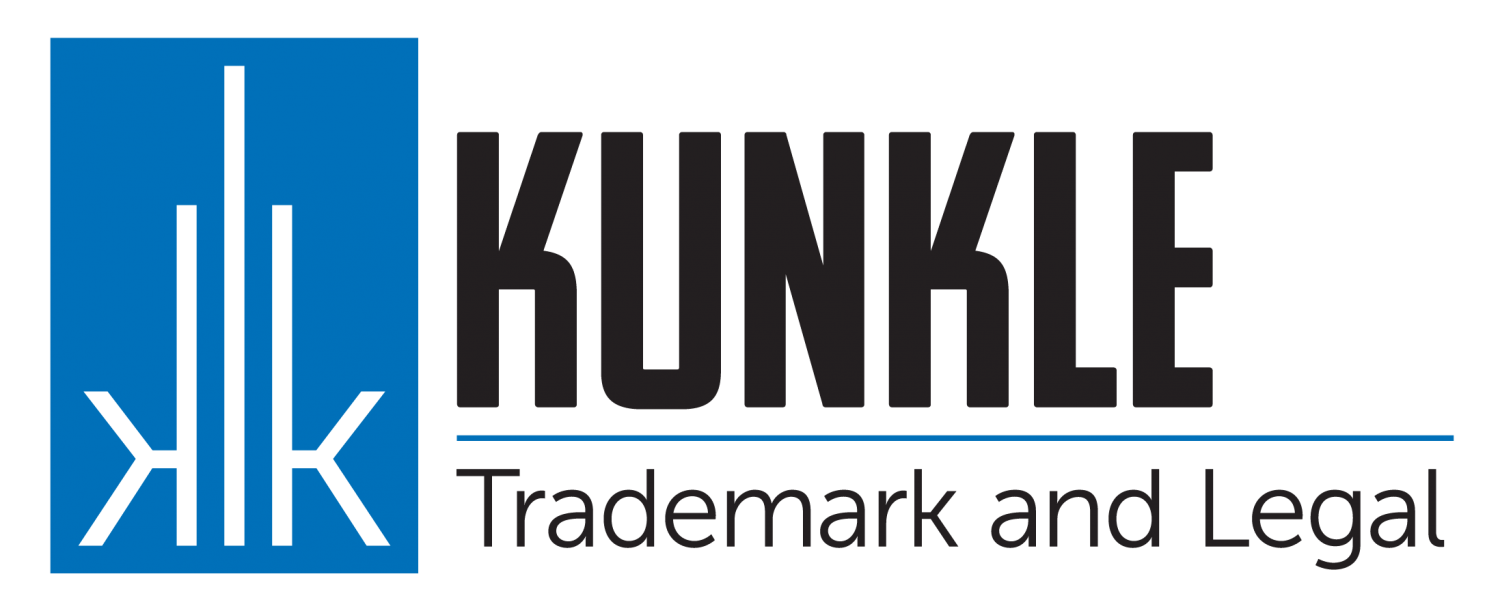Whether you have partners, or are contracting for royalties from another party, one of the most common provisions in any licensing & partnership contracts is one that provides a means and method of keeping financial records of the project or business. The exact language will differ slightly depending on the specifics of your circumstances, but common terms will include what types of books are kept, how and when audits may occur, and a description of what is to happen in the event of a problem with the records.
Records
While there are a variety of record-keeping methods, typical contract provisions regarding record-keeping will simply provide that the books are complete and accurate. In most cases it is understood that the books will be kept in accordance with “generally accepted accounting principles.” Furthermore, in some circumstances, state statutes may regulate how the books are kept.
Audits
Once it is decided what and how records are kept, one of the most important elements of a record-keeping provision is one that allows audits of the records. This is useful in keeping everyone on their toes, and it provides a means by which everyone can feel comfortable that everyone is being treated fairly. However, it is important to remember the difference between an audit and the right to inspect the records. While the right of a party to inspect records is often unequivocal and required by statute, the right to audit can be more easily limited. Audit provisions typically address when an audit may occur, who can ask for one, and who will pay for the audit. Often the number of times a party can request an audit during a specific time period is limited and how much notice is needed before an audit can occur also varies. Audit provisions usually provide that the party requesting the audit bear the cost of the audit.
Resolution
The last element of a record-keeping provision is one that spells out what happens in the event that an audit uncovers a problem. This element should lay-out how corrections will be handled in the event that the audit uncovers either overpayment or underpayment of funds. In addition, the provision can also provide that in the event that there is an underpayment in excess of a certain amount (5-10%), the cost of the audit shifts to the responsible party.
Providing an orderly way to handle potential disputes over money is a great way to resolve disputes before they start.
